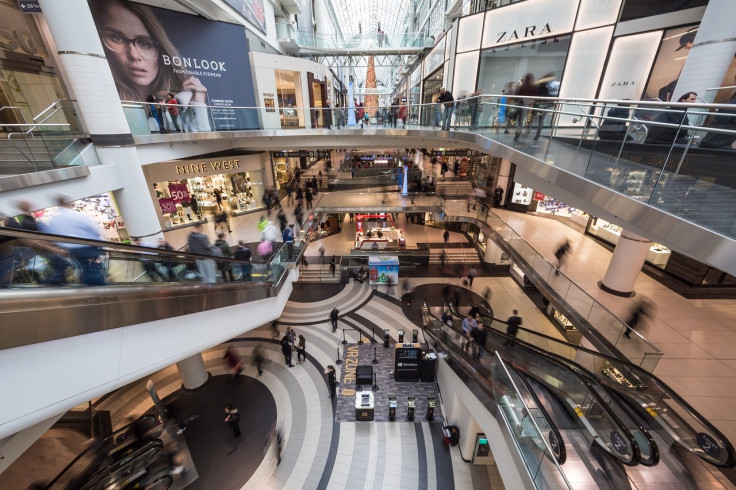Australia Records Slowest Economic Growth Since 1991 Recession, Driven By Weak Consumer Spending

Australia has recorded its slowest economic growth rate since the 1991 recession period, with 0.2% growth in the June quarter and 1% over the last year, according to the latest statistics.
The June quarter was driven by increased spending by the government and foreign students, while household consumption took a beat due to high inflation and interest rates.
Consumer spending, which declined to 0.2% in the June quarter, was the lowest since the global recession, the Australian Bureau of Statistics reported on Wednesday, with economists saying the low spending was impacting businesses.
Callam Pickering, APAC economist at global job site Indeed, said the latest data was depressing, though expected, reported ABC News.
"Hampered by cost-of-living pressures and high interest rates, the economy continues to be propped up by government spending and population growth," he said. "For the sixth consecutive quarter, Australian economic activity declined on a per capita basis and the 1.5% decline over the past year is the largest Australia has experienced in 33 years, excluding the pandemic. That's why it feels like a recession for many Australians, despite economic growth remaining positive and unemployment relatively low."
However, economists said since the slowdown was consistent with the forecast by the Reserve Bank of Australia (RBA), it was unlikely to increase the interest rates.
The "trimmed mean" inflation was currently at an annual rate of 3.8%, which was higher than the target range of 2-3%. The RBA expected the inflation to fall below 3.5% by the end of this year, and to 3.1% by June next year.
Australia's growing population has concealed a part of the effects of the 13 interest rate increases by the RBA over the last 28 months. In the June quarter, GDP per person dropped by 0.4%, which was a record decline that started at the beginning of 2023, based on data going back to 1973, reported The Guardian.
Last week, Treasurer Jim Chalmers said a higher interest rate was "smashing the economy," and that the government spending was driving the economy.
"People are under a lot of pressure," Chalmers said. "This is precisely why we are rolling out substantial cost of living help but in the most responsible way."
RBA governor Michele Bullock has maintained that the bank would consider hiking the interest rate only when annual inflation falls within the 2%-3% target range.
While consumer spending was higher in March due to entertainment events, it dropped by the June quarter, said Katherine Keenan, the head of national accounts at ABS.
"The strongest detractor from growth was transport services, particularly reduced air travel. This was the first fall for this series since the September 2021 quarter," she said.
Consumer spending on furnishings and household equipment was up by 4%, but people were spending less on food and groceries.
© Copyright 2025 IBTimes AU. All rights reserved.





















